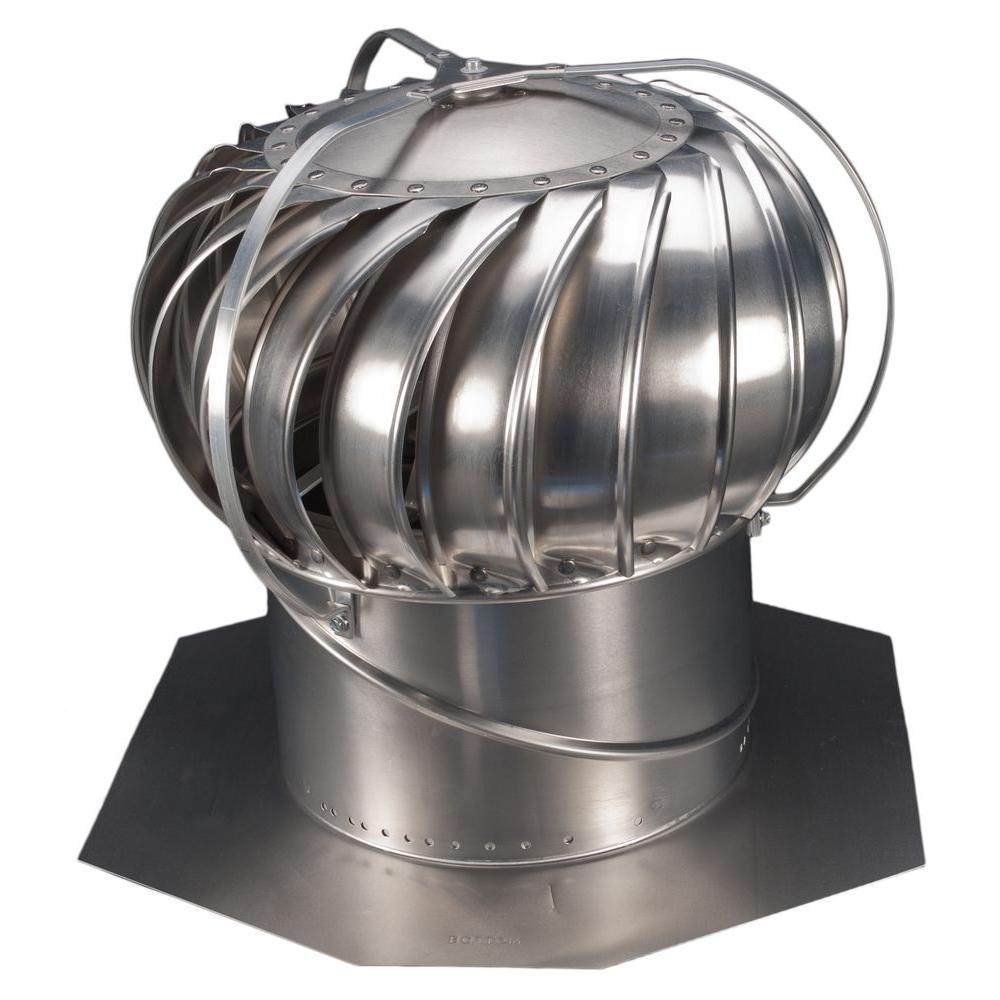If you install a vent that isn t up to code you could end up having to take it down wasting money and time.
Roof turbine vent installation height.
Roof cutout decide where to place turbines then from inside the attic drill a hole 18 to 30 down from the roof peak and midway between the rafters put a stick up through the hole to locate it from outside go back on the roof and mark a hole 12 in diameter for a 12 turbine or 14 in.
How to install turbine vents.
Ft of vent space half dedicated for air intake in the soffits and the other half for exhaust on the roof.
But consider a moderately sized home whose attic space is 36 feet deep 50 feet long and 10 feet high at the peak.
A turbine vent draws air from inside the attic as wind turns the turbines.
Most policies in place require about one foot of vent area for every one hundred fifty feet of attic space.
Attic must have 5 sq.
If you are going to install two vents they should ideally be equidistant from the edges of the roof.
This is most effective in areas where winds average at least five miles per hour or otherwise will not offer the most effective reliable source of venting.
This attic space contains 18 000 cubic feet of air.
A single 12 inch diameter turbine vent could provide a complete change of air in the attic space every 52 minutes if the outside breeze was just 5 mph.
To begin you will need to measure the length and width of the sides of the roof where you are going to install the turbine.
The installation of a turbine vent is nearly identical to a static vent.
These can be ridge vents wind turbines or the flat vents your roofer wants to install.
This is one of the most important steps.
Also this will give you general guidelines to follow as you complete your project.

